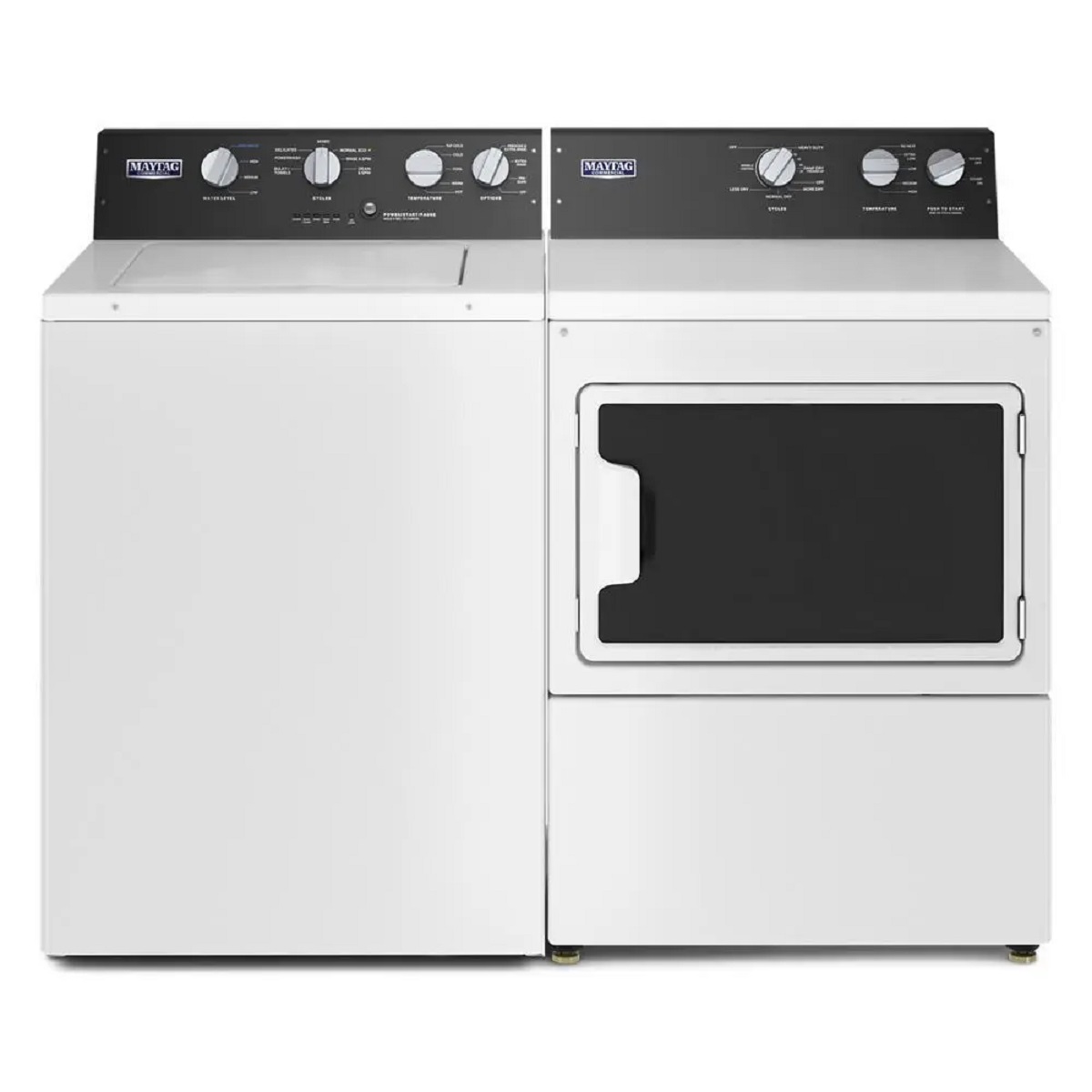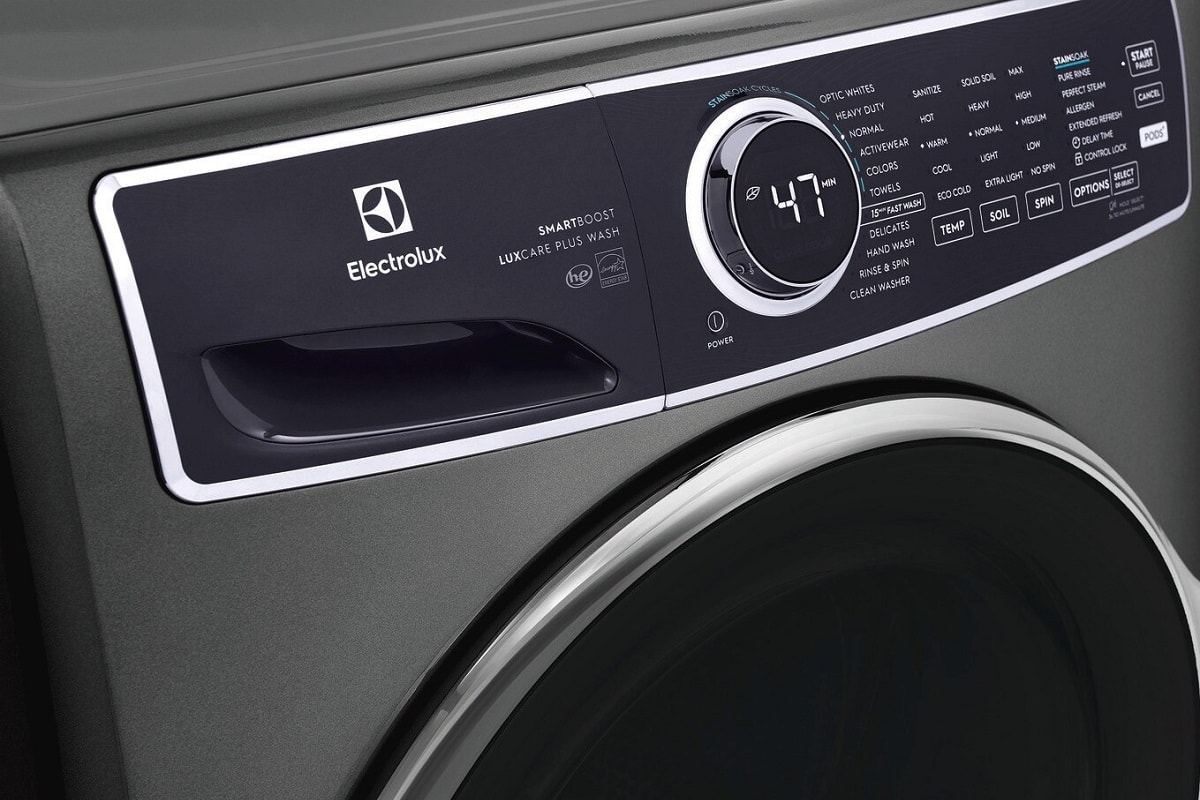The sound of a washing machine working typically fades into household white noise, but when distinctly loud or strange noises emerge, it’s a call to action for homeowners. This article will dive into common sources of loud noises from washing machines and provide guidance on how to remedy them.
Identifying the Type of Noise
The First Step in Troubleshooting
When your washing machine starts making unexpected or loud noises, identifying the type of sound is the first step in troubleshooting. Different noises can indicate various issues — a thumping sound may suggest an unbalanced load, while grinding may reveal a problem with the washer’s internal parts.
Furthermore, diagnosing the timing of the noise can also help narrow down the potential causes. If the noise occurs while the washing machine is filling, the issue may lie with the inlet valve. However, if the sound happens during the spin cycle, it’s likely related to the drum or motor.
Common Noises and Their Probable Causes
A squealing or screeching noise from a washing machine typically points to a belt or pulley issue. On the contrary, a clanking or buzzing could signify a foreign object has been caught in the washer’s drum or filter. Knowing these associations between sounds and causes can significantly streamline the process of addressing the issue.
Unbalanced Loads and Misalignment
Addressing Thumping and Shaking Noises
An unbalanced load is a common and easily fixable cause of loud noises. Washing machines are designed to handle a certain distribution of clothes weight. When clothing is lumped on one side of the drum, it causes the machine to thump and shake excessively.
To resolve this, pause the washing cycle and redistribute the clothing evenly within the drum. Additionally, ensure that wash loads are not too small or large, as size matters for the balance.
Leveling the Washing Machine
A washing machine that is not level can also create excessive noise. Ensuring your machine is correctly leveled is part of regular maintenance that can prevent louder operational sounds. Most washers have adjustable feet that can be turned by hand or with a wrench. A level can indicate whether the machine is on an even plane.
Problems with Components
Identifying Mechanical Failures
Loud noises often signify that a component within the washing machine is failing. Bearings, for example, are essential for the smooth operation of the drum. If they begin to degrade, a loud grinding or buzzing noise may occur during the spin cycle. Similarly, a failing pump or motor can produce alarming sounds that suggest it is time for a closer inspection or repair.
Pursuing Part Replacement
For mechanical issues like these, it might be necessary to replace the damaged parts. Process includes identifying the part number and ordering a replacement. For those comfortable with DIY projects, replacing certain parts of a washing machine can be a feasible task. However, there are times when the complexity or location of the issue may necessitate professional intervention.
If the noise coming from your washer during the spin cycle is more of a roaring than a thumping, it could be indicative of worn drum bearings. These bearings are crucial as they help the drum to rotate smoothly. When they begin to deteriorate, the friction increases, and so does the noise. Ignoring this can lead to a more complex and costly repair over time.
Open the door of the washing machine
To check for bearing issues, open the door of the washing machine and try to move the drum up and down with your hands. If there’s noticeable movement, it’s likely the bearings are worn and need replacing. This job can be quite involved since it usually requires disassembling a significant part of the washing machine. Therefore, it’s often advisable to call a professional unless you have experience and are confident in making such repairs.
The motor coupling can also wear out, especially if you’ve been overloading the washer. This could result in a loud rattling noise as the machine runs. Accessing and inspecting the motor coupling typically requires removing the washing machine’s cabinet or outer enclosure, a task that should be done with caution and typically after consulting the washing machine’s service manual for specific instructions.

A faulty washer pump can also lead to noises.
Small items like coins or keys can escape from pockets and find their way into the pump, causing mysterious sounds. The steps to access and clean the pump usually outline in your washing machine’s service manual. Always ensure that you disconnect the power and water supply before attempting to inspect the pump, and if you’re unsure, consider hiring a technician.
As for a stick or a slip in the machine’s clutch, this could lead to a loud screeching noise. The clutch allows the basket to spin up to the speed required for the spin cycle. However, tackling clutch problems is advanced and typically requires special tools; thus, involving a professional is recommended unless you have a background in appliance repair.
As we delve deeper into the mechanical aspects of a washing machine, suspension rods and springs also play a role in dampening the motion of the wash basket during the spin cycle. If these are not functioning correctly, there may increase vibration or even a banging sound as the basket moves out of alignment. In top-load washers, worn or broken suspension rods need replacing, while in front-loaders, you might have to replace the shock absorbers if you’re experiencing excessive noise.
conclusion
In summary, a washing machine making loud noise can signify issues ranging from minor annoyances easily corrected at home to more serious problems requiring professional repair or even signaling the end of the appliance’s life. Understanding the sounds, knowing what to look for, and learning how to perform basic troubleshooting are all vital skills that can save time, prevent further damage, and extend the life of your washing machine. Systematic approaches to maintenance reduce the likelihood of unexpected breakdowns, ensuring that your washing machine remains a reliable cleanliness companion for as long as possible.

